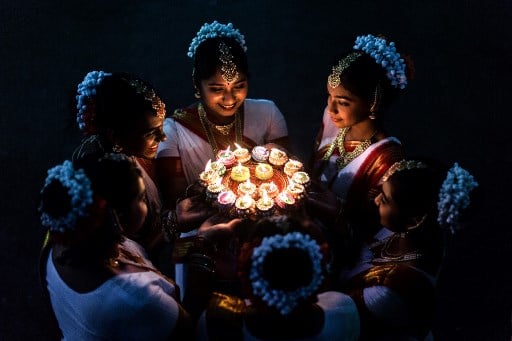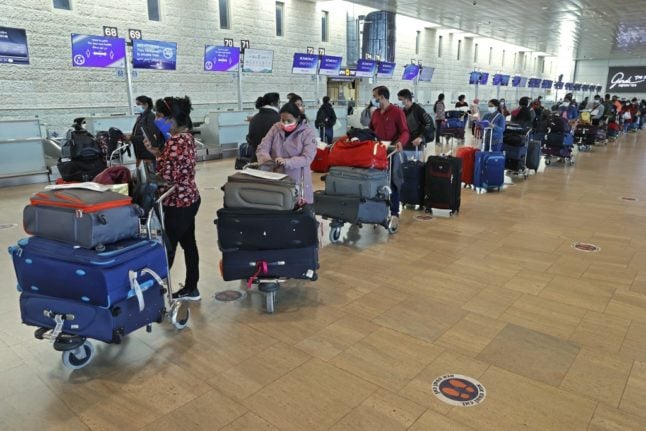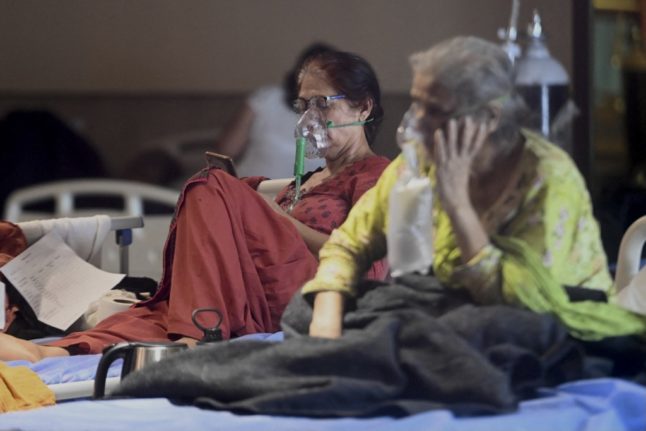If you’re looking to add a bit of spice and colour to an otherwise grey October in France, maybe a dose of Diwali is what you need.
Diwali, also known as Deepavali, is a four to five day-long festival of lights which is celebrated mainly by Hindus every autumn, but also by Jains, Sikhs and some Buddhists.
This year it is estimated around a billion revellers across the globe will light candles outside their homes and at festivals to symbolise the spiritual victory of light over darkness, good over evil and knowledge over ignorance.
In France, where around 20,000 Indian citizens are officially registered, there will be a number of events in the final days of October to mark the occasion.
Nantes, Friday October 25th: More than 1,000 people are expected to take part in a Diwali celebration in the Loire-Atlantique city which will include concerts, talks and group meditation. The Global Organisation of People of Indian Origin (GOPIO) and the city’s Sahaj Yoga meditation centre are organising the event.
Rennes, Saturday October 26th: Brittany will hold a multi-faceted Diwali celebration organised by its local Namasté Breizh association.
It will take place in the Rennes commune of Saint-Jacques-de-la-Lande (10 Rue Francois Mitterrand), starting at 5pm on Saturday with a concert by legendary bansuri (Indian flute) player Harsh Wardhan and then followed by classical and Bollywood dance routines, an organic vegetarian dinner for guests and a Indian dance party to cap it all off.
More info on tickets here.
Montpellier, Saturday October 26th and Sunday October 27th: The southern French city will hold a two-day Diwali music and dance festival with performances by more than 15 internationally renowned artists, kalbeliya and bhangra dance workshops, a dance competition and much more.
Find out more from organisers Natyamandir here.
Paris, Saturday October 26th: Paris’s India House (Fondation Maison de l’Inde) has an interesting Diwali programme planned for the weekend.
Starting at 5pm on Saturday it will include a magic show, a Rajasthani Gypsy music and dance concert by the Anwar Khan Group, a fireworks display and a special Diwali dinner.

Paris, Wednesday, October 30th: If you missed earlier Diwali celebrations in the French capital, you can still head to the Hôtel de Ville (City Hall) on Wednesday for a grand event being organised by the Indian Embassy in Paris and GOPIO.
Visitors can expect a show of traditional Indian songs, music and dance, candlelit dinners and appetizers, and of course, fireworks.





 Please whitelist us to continue reading.
Please whitelist us to continue reading.
Member comments